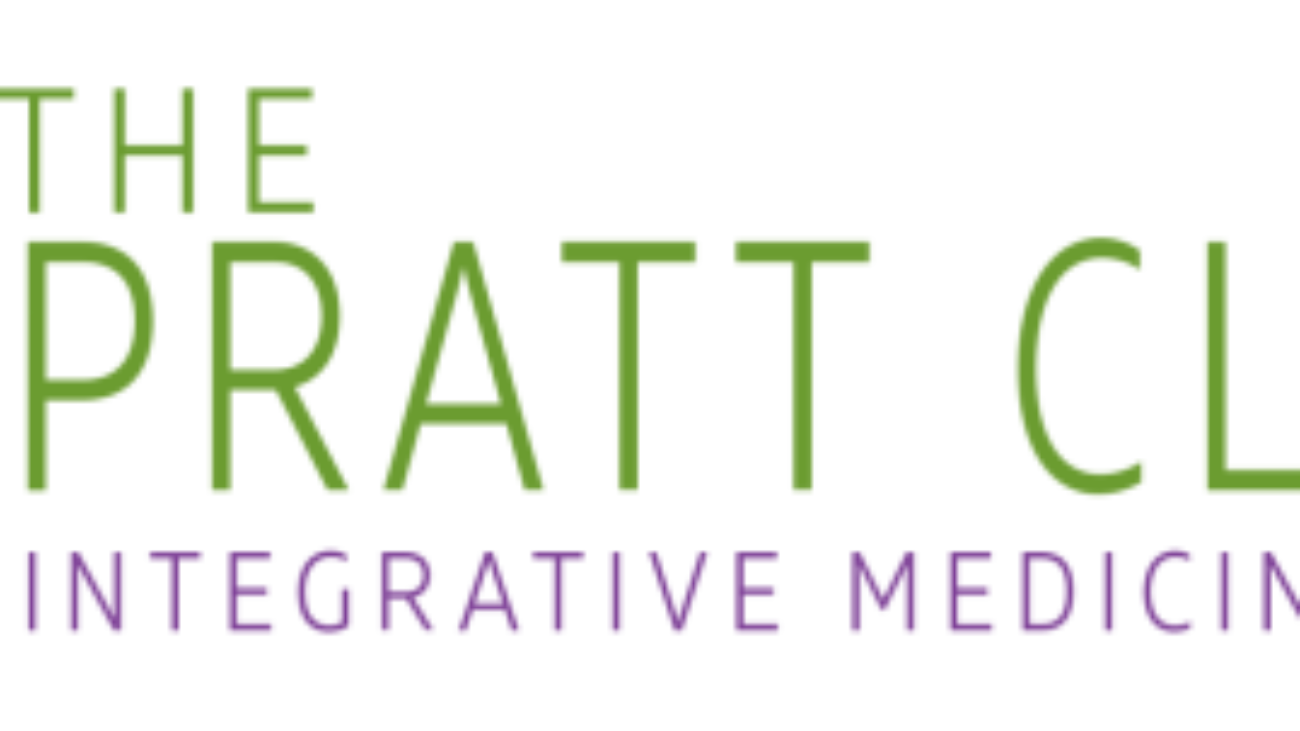By Lindsay Christensen
Nutritionist @ The Pratt Clinics
9/29/2018
What is Histamine Intolerance?
Do you frequently experience facial flushing after drinking a glass of wine? Does eating fermented and cured foods give you a headache or cause your skin to break out into a rash? Do you dread the onset of “allergy season,” knowing full well that you’ll need to take daily antihistamines to manage your stuffy nose and itchy eyes? If you answered yes to any of these questions, then you may have a condition called histamine intolerance. A growing number of people are self-identifying as histamine intolerant but are unsure about how to treat this frustrating health condition. In this blog series, I’ll explain the science behind histamine, the underlying causes of histamine intolerance, and how you can resolve this condition through diet and nutritional interventions.
What is histamine intolerance?
Before diving into the topic of histamine intolerance, it helps to understand histamine and its purpose in the body. Histamine is a nitrogen-based compound naturally produced in the body that is involved in the immune response and systemic inflammatory responses. If you’ve ever been stung by a bee or bitten by a mosquito, then you’ve experienced a classic histamine response. The redness and swelling triggered by an insect sting or bite is the result of histamine dilating your blood vessels and initiating an inflammatory response, which brings immune cells to the site of the bite to eliminate toxins or pathogens. The vasodilating and pro-inflammatory characteristics of histamine are also responsible for the red, itchy eyes and nasal congestion many people experience during “allergy season” or upon exposure to cats or dogs. However, histamine is not all bad! In fact, it plays an essential role in mediating attention and focus, is involved in the digestive process, and promotes bowel motility. The key here is that histamine must remain in balance within the body. When this balance is shifted, and the body’s production of histamine exceeds its ability to break it down, histamine intolerance occurs. Histamine intolerance is not a sensitivity per say, but an indication that your body is either making too much histamine or taking in too much histamine through outside sources.
What are the symptoms of histamine intolerance?
Due to its role in allergic, inflammatory responses, histamine intolerance can produce a wide variety of symptoms, including the following:
• Flushed skin, hives, unusual rashes
• Itchy, watery eyes
• Throat constriction/tightness
• Hypotension
• Tachycardia and heart palpitations
• Face or tongue swelling (angioedema)
• Nasal congestion
• Conjunctivitis
• Headaches and migraines
• Fatigue
• Brain fog/confusion
• Digestive upset
How is histamine intolerance diagnosed?
As you can see, the symptoms of histamine intolerance are quite varied! The wide range of symptoms can make histamine intolerance difficult to pinpoint and diagnose. So, how can you determine if you have a histamine intolerance? Honestly, the only way to truly know if you have histamine intolerance is to go on a low-histamine diet for a period of time. If you feel better on the low-histamine diet, then it is likely that you are histamine intolerant. It is important to commit to a low-histamine diet for at least six weeks because delayed reactions are common in histamine intolerance, and it may take some time to correlate changes in symptoms with dietary changes.
Laboratory testing for histamine and DAO levels may be useful; however, “normal” histamine and DAO levels occur even in the most histamine-intolerant people, so this is not a standalone test. Finally, a trial run of DAO supplementation with a product such as Histamine Block can help reveal whether DAO deficiency or overproduction of histamine in the gut is contributing to histamine intolerance.
I hope this article has helped you better understand histamine and the problems associated with histamine intolerance! In Parts 2 and 3 of this blog series, I’ll discuss the underlying causes of histamine intolerance and how to correct histamine intolerance using dietary, nutrition, and lifestyle interventions. As always, contact me if you would like to discuss or have any questions.









